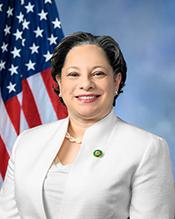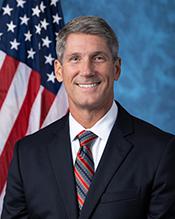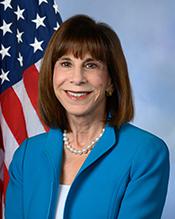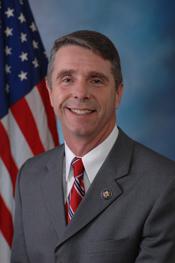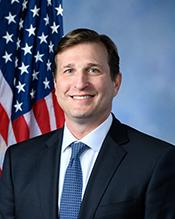H.R. 2473: Healthy Food Access for All Americans Act
The Healthy Food Access for All Americans Act aims to improve access to nutritious food in areas designated as food deserts. Food deserts are locations where residents have limited access to affordable and nutritious food, significantly impacting community health and well-being. Here is a breakdown of the bill's main components:
Tax Credit and Grant Program
The legislation establishes a new tax credit and grant program targeted at "special access food providers," which include grocery stores, food banks, mobile markets, and farmers markets operating in food deserts.
Special Access Food Provider Credit
- Tax Credit for Grocery Stores: Certified grocery stores placed in food deserts may receive a tax credit worth:
- 15% of the construction cost for new grocery stores.
- 10% of renovation costs for existing stores that undergo renovations.
Grant Program for Food Banks and Temporary Access Merchants
- Grants for Food Banks: Certified permanent food banks can receive grants equal to 15% of their construction costs.
- Grants for Temporary Access Merchants: Organizations providing mobile markets or food distribution in food deserts can receive grants covering 10% of their operational costs.
Application and Certification Process
Entities seeking certification as special access food providers must submit an application showcasing that they meet specific criteria, which includes:
- Demonstrating they serve an area classified as a food desert.
- Meeting construction or renovation standards for grocery stores or food banks.
- Satisfying eligibility criteria set forth by the Department of Agriculture.
Grants and Tax Credits Allocation
Each year, the Secretary of Agriculture will allocate credits and grants to certified providers to promote investment in and the operation of stores and services in these underserved areas.
Recapture Provisions
If a certified provider does not continue to meet the necessary criteria within five years of receiving support, the benefits received (tax credits and grants) may be recaptured by the government to maintain compliance and accountability.
Impact on Non-profits and Local Community Entities
The bill incentivizes local organizations dedicated to supporting low-income communities and developing food services to ensure that they receive the capital necessary to operate effectively.
Food Access Research Atlas Updates
The bill mandates regular updates to the Food Access Research Atlas, ensuring that the data on food retailers and their locations are current and reflect the services available to communities.
Definitions and Regulatory Framework
Definitions for key terms such as "food desert," "grocery store," and "temporary access merchant" are included to ensure clarity. Regulations will be established to implement and oversee the program, promoting compliance and effectiveness in achieving the desired outcomes.
Funding and Effective Date
The bill allows for the appropriation of necessary funds to support its initiatives and indicates that the measures will apply to taxable years beginning after the bill's enactment.
Relevant Companies
- WMT (Walmart Inc.): As one of the largest grocery retailers, Walmart could potentially benefit from the tax credits and grants if it expands or renovates stores in designated food deserts.
- KR (The Kroger Co.): Kroger’s operations could be affected positively by subsidies for opening new stores in underserved areas, thus enhancing their service reach.
- SFM (Sprouts Farmers Market): This company could take advantage of opportunities to expand its grocery offerings in food deserts, benefiting from potential tax incentives.
This is an AI-generated summary of the bill text. There may be mistakes.
Sponsors
3 bill sponsors
Actions
3 actions
| Date | Action |
|---|---|
| Apr. 18, 2025 | Referred to the Subcommittee on Nutrition and Foreign Agriculture. |
| Mar. 27, 2025 | Introduced in House |
| Mar. 27, 2025 | Referred to the Committee on Ways and Means, and in addition to the Committee on Agriculture, for a period to be subsequently determined by the Speaker, in each case for consideration of such provisions as fall within the jurisdiction of the committee concerned. |
Corporate Lobbying
0 companies lobbying
None found.
* Note that there can be significant delays in lobbying disclosures, and our data may be incomplete.

